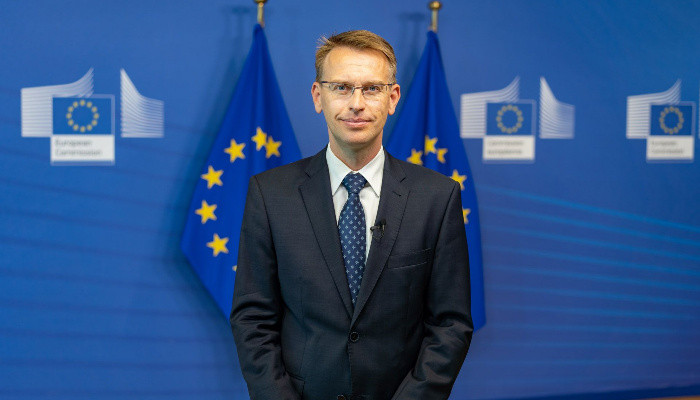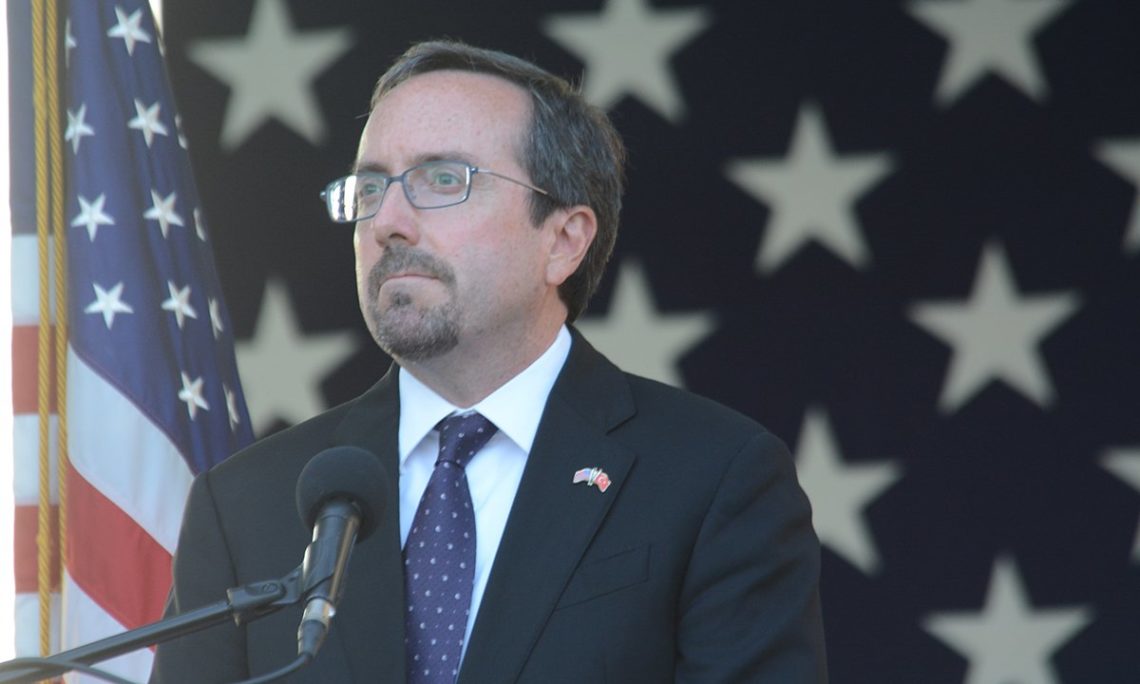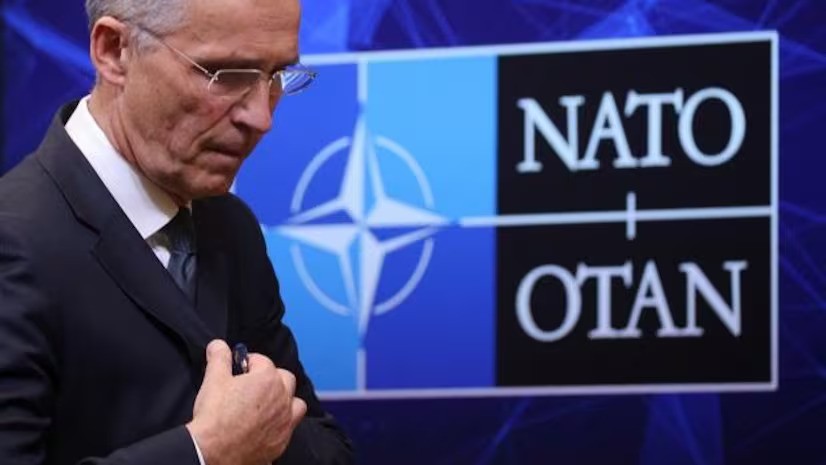Peter Stano, lead spokesperson for the foreign affairs and security policy of the European Union, said that the EU and US share common interests in the Black Sea region. According to him, they cooperate to support partners in the region to bolster their resilience to increasing hybrid and cyber challenges as well.
„Together with our US colleagues, we have been working on how to address the impact of Russia’s war of aggression against Ukraine across the Black Sea region - both in the short and the long run. We have focused on supporting Ukraine, but also helping the region address the wider fallout of Russia’s war. We have done this in many fora, including the EU-US Security and Defence Dialogue, the UN, the G7, etc.
The EU and US share common interests in the region to: (1) increase coordination with partners; (2) deepen economic ties; (3) strengthen energy security; (4) support efforts to bolster democratic resilience, including fighting false narratives and Russian state-controlled propaganda, in accordance with our shared values; (5) support partners in the region to bolster their resilience to increasing hybrid and cyber challenges.
We cooperate to help accelerating Ukrainian grain exports, notably after Russia’s unilateral withdrawal from the UN-Türkiye-brokered Black Sea Grain Initiative. The Leaders have been unequivocal in their Joint statement following the US-EU Summit on 20th October 2023 in Washington D.C. We continue to pursue the Solidarity Lanes objectives to increase efficiency and reduce transport costs. The US collaboration with the European partners in Constanta, Romania’s largest port city on the Black Sea coast, is a good example of that.
The EU has deployed a Multipurpose Maritime Operation in the Black Sea, involving the EU Agencies with Coast Guard functions (Frontex, the European Maritime Safety Agency, European Fisheries Control Agency), riparian EU Member States, and also other EU Member States. Georgian officials were invited to observe various activities in this context. Furthermore, the EU has supported capacity building, including for Georgia, through the Black and Caspian Sea I project and its current successor Black and Caspian Seas II, implemented by the European Maritime Safety Agency.
Looking ahead, the EU is working on the 4th implementation report of the EU Black Sea Synergy. This stock-tacking exercise will also help us identify key trends and findings, which could factor into future EU thinking on the Black Sea cooperation. At its core there are issues of connectivity, energy, digital transformation, blue economy, environment, fisheries and maritime security, resilience and the protection of critical infrastructure,“Stano told Europetime.








